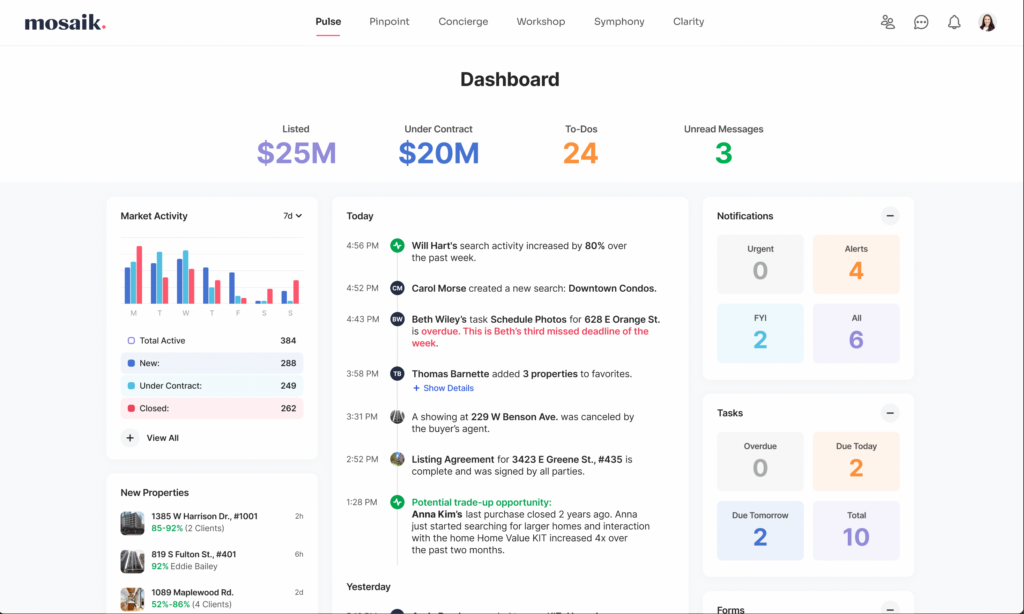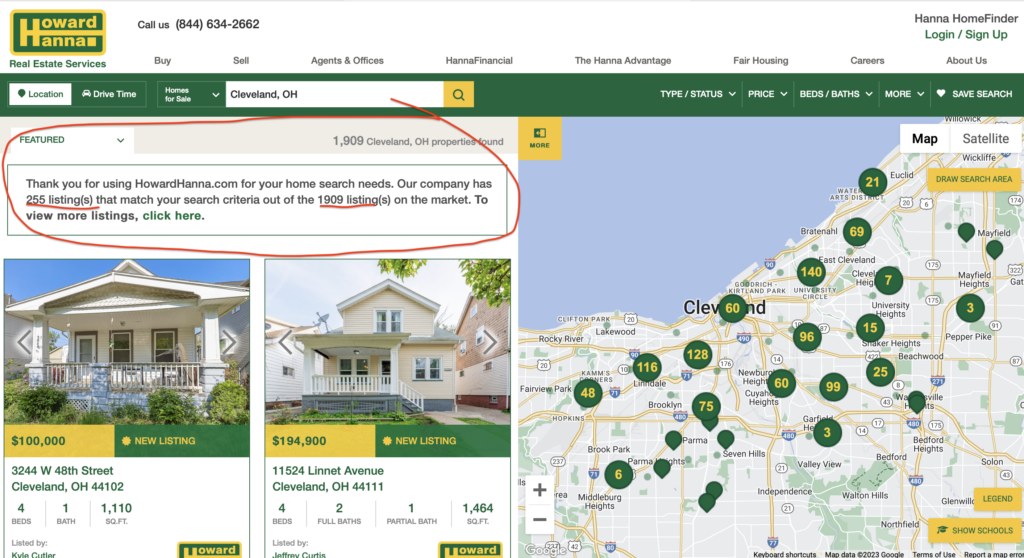
“This is the end result of that extensive research; a platform that goes beyond integrations, beyond connections, beyond a rebrand to create a real solution. From a single login to a modular design that allows real estate professionals to pick and choose the solutions they need, with shared data workflows that keep information consistent from lead to close and the latest in digital security, there’s nothing like this in the industry today—and it will transform the way real estate professionals work, now and into the future.”
Sean Wheeler, CTO of Lone Wolf Technologies
This has been a huge project and I’m loving what Lone Wolf has pulled off. Having acquired some of the most popular and widely adopted software in the real estate space, they have taken a fresh approach on how to create an end-to-end platform. Am I biased? Of course! It’s all because I know the team there is made up some of the most creative and talented people in the industry, people from HomeSpotter, Instanet, zipForm, Terradatum and W+R Studios.
I hear some of you say, “But, Greg, I thought you didn’t like all-in-one solutions?” I think that Lone Wolf’s CEO Jimmy Kelly said it best, “Real Estate Doesn’t Need More Software“. In a nutshell what he is saying real estate has a lot of point solutions; it needs what it already has to pull more weight. The industry wants its existing software to work together, and be more automated. What Lone Wolf is doing is creating a foundation (see what I did there) for their software (and also giving the flexibility to add other solutions) to let brokers and agents create the experience they want. Experience I believe is the key word here.
Congrats to everyone at Lone Wolf!











